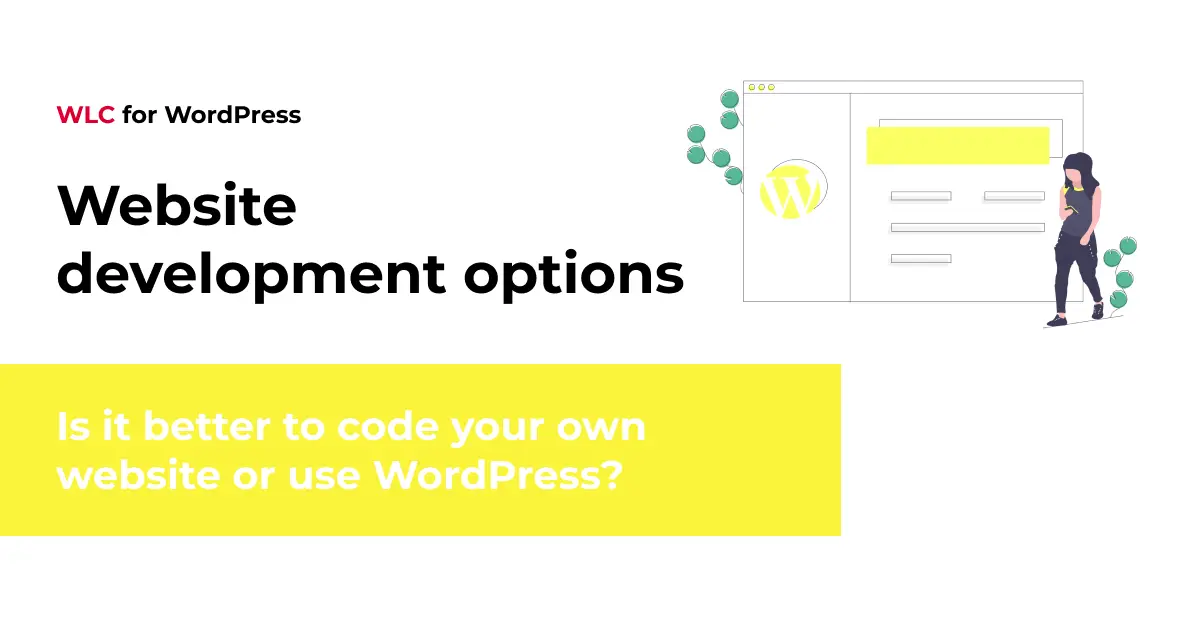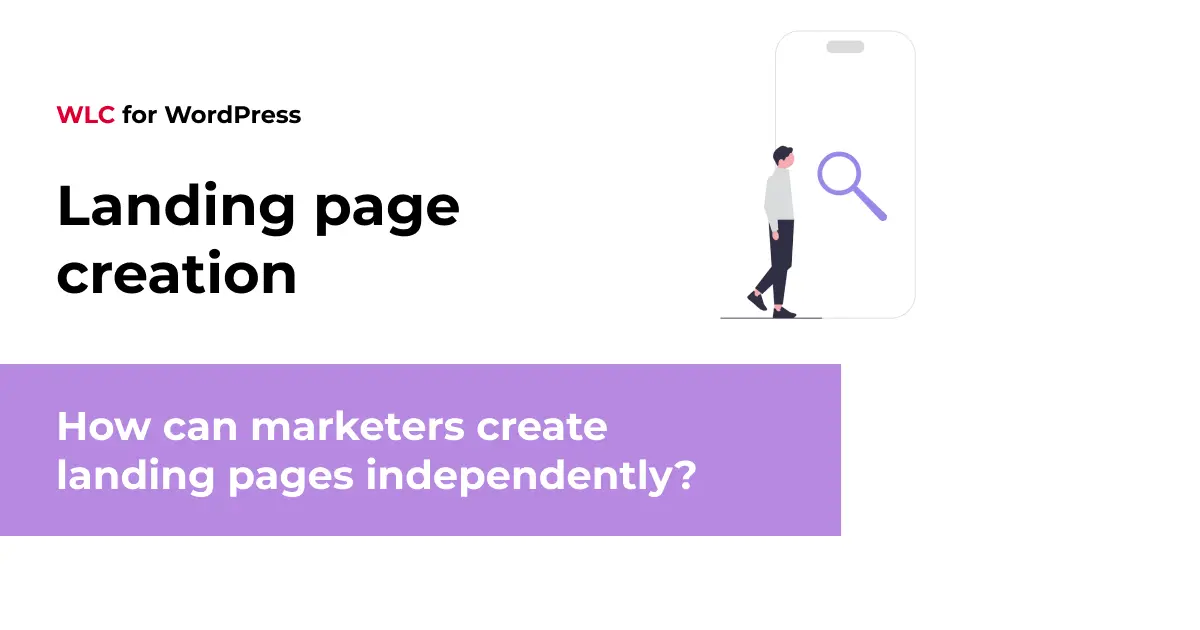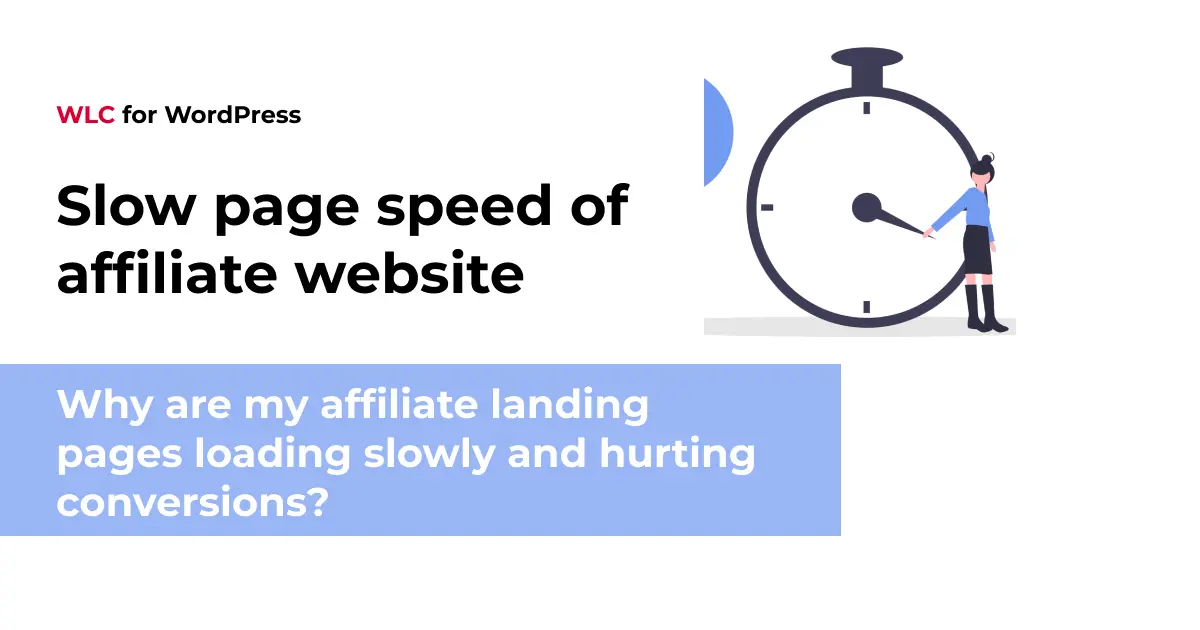Category: WordPress
Is it better to code your own website or use WordPress?

The choice between coding your own website and using WordPress depends on your specific needs, budget, and technical expertise. For most businesses, WordPress offers an excellent balance of flexibility, cost-effectiveness, and functionality, whilst custom coding provides maximum control and unique features at a higher cost and development time.
Understanding your website development options
When planning your website, you’re essentially choosing between two fundamental approaches: building from scratch or leveraging an existing platform. This decision shapes everything from your initial investment to long-term maintenance requirements.
Custom coding means creating your website entirely from the ground up using programming languages like HTML, CSS, JavaScript, and backend technologies. You have complete control over every aspect of functionality and design.
WordPress, on the other hand, provides a robust content management system that handles the technical foundation whilst allowing extensive customisation through themes, plugins, and custom WordPress website development.
Both approaches have their place in modern web development. The key is understanding which aligns better with your business objectives, technical requirements, and available resources.
What are the main differences between custom coding and WordPress development?
Custom coding and WordPress development differ fundamentally in their approach to website creation. Custom development builds everything from scratch, whilst WordPress provides a pre-built framework that you customise to meet your needs.
With custom coding, you write every line of code yourself. This means complete freedom in functionality, design, and performance optimisation. However, it also means building basic features like user authentication, content management, and security measures from the ground up.
WordPress offers a mature ecosystem with thousands of plugins and themes. This dramatically reduces development time for common features. WordPress custom development allows you to extend this foundation with bespoke functionality whilst maintaining the platform’s inherent advantages.
| Aspect | Custom Coding | WordPress |
|---|---|---|
| Development Time | Longer (months to years) | Shorter (weeks to months) |
| Flexibility | Unlimited | High with customisation |
| Maintenance | Requires ongoing developer support | User-friendly with regular updates |
| Learning Curve | Steep technical requirements | Accessible to non-developers |
The architectural differences are significant too. Custom websites can be optimised for specific use cases, whilst WordPress provides a generalised solution that accommodates various website types through its plugin architecture.
How much does it cost to build a custom website versus using WordPress?
WordPress development typically costs 30-70% less than custom coding, with basic WordPress sites starting from £2,000-£10,000 compared to custom websites beginning around £15,000-£50,000 for similar functionality.
Custom development costs include not just the initial build but ongoing maintenance, security updates, and feature additions. Every modification requires developer intervention, which accumulates significant costs over time.
WordPress offers more predictable pricing structures. Many common features exist as plugins, reducing development time. Even complex custom WordPress website implementations often cost less than building equivalent functionality from scratch.
Consider these ongoing expenses:
- Custom sites require dedicated developer support for updates and maintenance
- WordPress sites can often be maintained by less specialised staff
- Security patches and updates are handled automatically in WordPress
- Hosting costs are generally lower for WordPress due to optimised hosting solutions
However, highly complex applications with unique requirements might justify custom development costs through improved efficiency and user experience over time.
Which option offers better performance and security?
Custom-coded websites can achieve superior performance when built by experienced developers, as every line of code serves a specific purpose. However, WordPress can deliver excellent performance through proper optimisation and often surpasses custom sites in security due to its large community and regular updates.
Performance depends heavily on implementation quality rather than the chosen approach. Poorly coded custom websites perform worse than well-optimised WordPress sites. Modern WordPress installations, when properly configured, can handle significant traffic loads and complex functionality.
Security presents an interesting paradox. Custom websites have smaller attack surfaces but rely entirely on the developer’s security expertise. WordPress benefits from a massive community constantly identifying and patching vulnerabilities.
WordPress security advantages include:
- Regular security updates from the core team
- Extensive security plugin ecosystem
- Community-driven vulnerability reporting
- Established security best practices
Custom development security depends on the development team’s expertise and ongoing vigilance. Without proper security protocols, custom sites can become vulnerable to attacks that WordPress would automatically protect against.
With the right development practices – such as custom theme coding, lightweight plugins, and advanced caching – our custom WordPress websites regularly achieve PageSpeed Insights scores above 90, even for feature-rich platforms
How do you choose between custom development and WordPress for your project?
Choose custom development when you need unique functionality that doesn’t exist in WordPress, have specific performance requirements, or require complete control over the technology stack. Opt for WordPress when you need faster development, cost-effectiveness, or easier long-term maintenance.
Consider your technical resources honestly. Do you have developers on staff who can maintain custom code? WordPress allows non-technical team members to manage content and basic modifications, whilst custom sites typically require ongoing developer support.
Timeline often determines the best approach. WordPress enables rapid deployment of functional websites, whilst custom development requires longer planning and development phases.
Ask yourself these key questions:
- How unique are your functional requirements?
- What’s your budget for both development and ongoing maintenance?
- How quickly do you need to launch?
- Who will manage the website after launch?
- How important is scalability and future modifications?
Many successful businesses combine both approaches, using WordPress for content management whilst integrating custom-coded components for specific functionality. This hybrid approach balances cost-effectiveness with customisation needs.
Making the right choice for your website development needs
The decision between custom coding and WordPress isn’t about which is universally better, but which serves your specific situation more effectively. WordPress dominates the web because it solves common website needs efficiently and cost-effectively.
For most businesses, WordPress provides the optimal balance of functionality, cost, and maintainability. Custom development makes sense for applications with truly unique requirements or when existing solutions can’t meet specific performance or integration needs.
Consider starting with WordPress and identifying specific limitations before committing to custom development. Many perceived limitations can be addressed through WordPress customisation at a fraction of custom development costs.
Working with experienced developers who understand both approaches ensures you make an informed decision based on your actual needs rather than assumptions about either platform’s capabilities.
If you’re weighing the pros and cons of a custom WordPress website versus fully custom development, our team can help you assess your requirements, budget, and growth plans to choose the right architecture from day one. CONTACT US.






